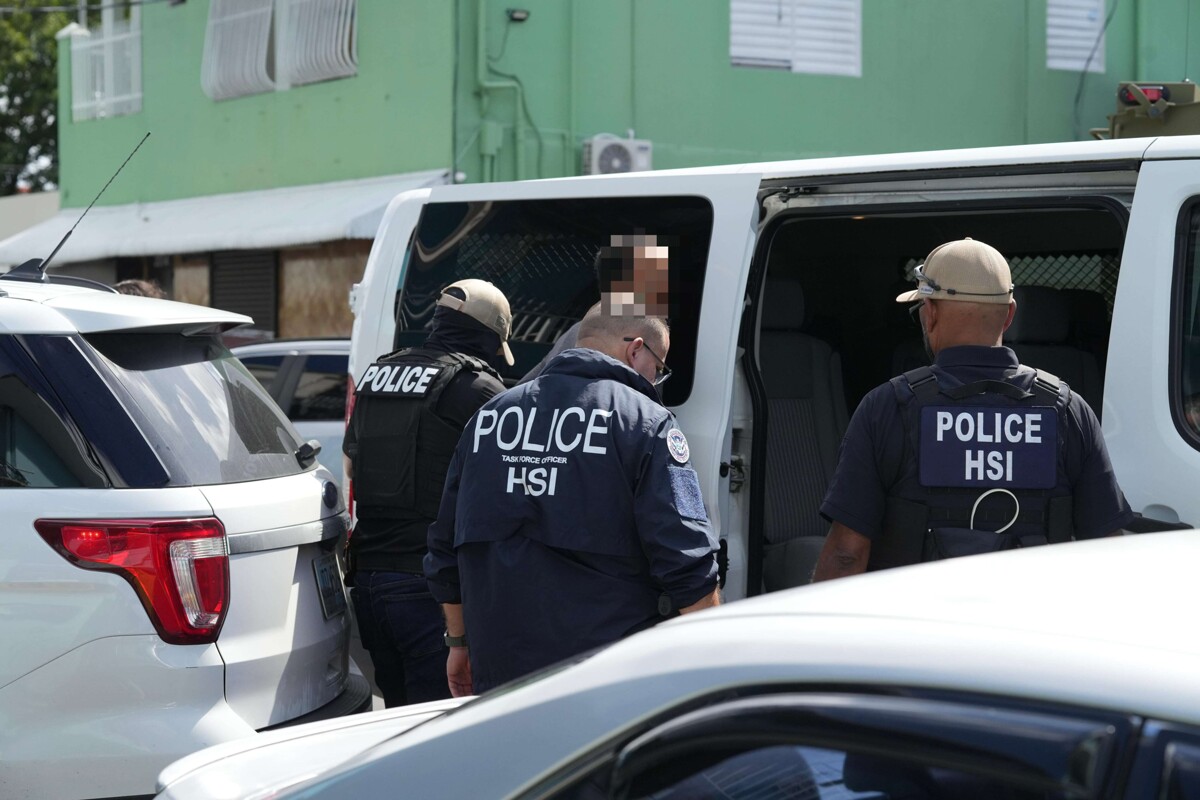
Authorities have carried out deportation operations in Puerto Rico, detaining individuals with final deportation orders. These individuals are processed administratively and transferred to detention centers in the United States while awaiting the deportation order. The director of the federal agency in Puerto Rico and the Caribbean, Rebecca González, urged those with regular immigration status to always carry their documents.
In an interview with Metro Puerto Rico, González explained that a massive operation recently took place on the island, although it was not specified how many individuals were detained. The presidential order allows the operations to extend to places such as churches, hospitals, and homes. González clarified that immigration authorities have the power to request documents from citizens, and those with regular status who are detained are released after verifying their legal situation.
Detentions in Puerto Rico are part of the federal immigration policy. While some individuals are sent to detention centers in Miami, others are released if it is determined that they have legal status in the United States. Operations are conducted in various areas of the island, with the number of detainees not exceeding, according to González, one hundred. The federal official emphasized that measures are in place to protect those who may face risks in their countries of origin.
It is essential, according to González, that individuals with regular immigration status have the proper documentation with them. Those in the process of adjusting their status should seek legal advice to avoid setbacks. González also reiterated that immigration agents are required to respect the law and not act based on profiling. Citizens should be aware of their rights and responsibilities to avoid issues during these operations.














